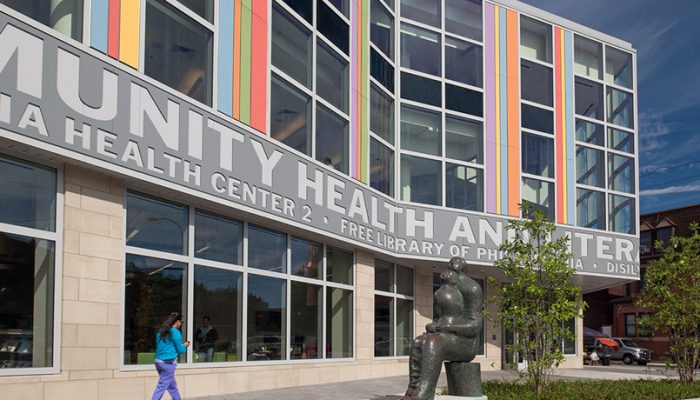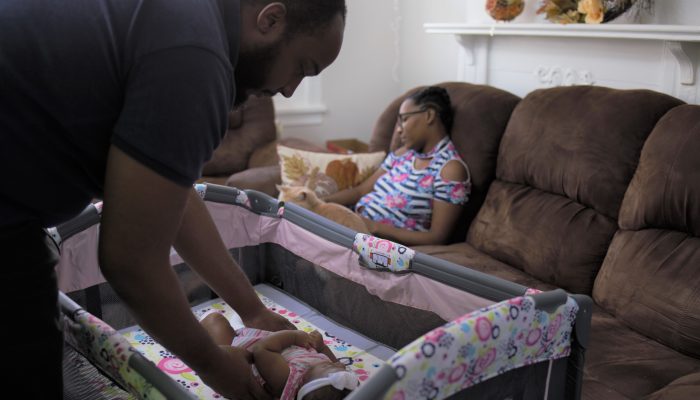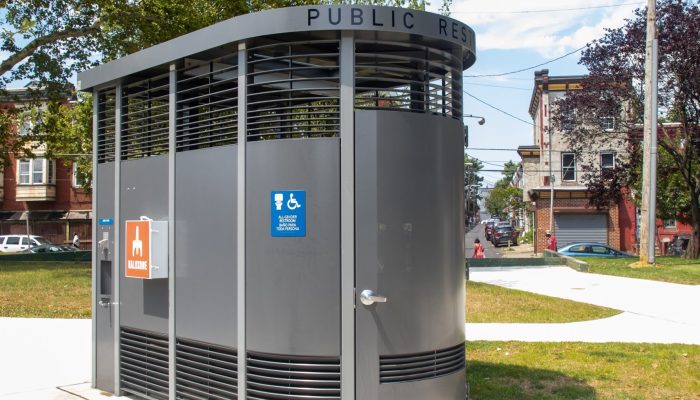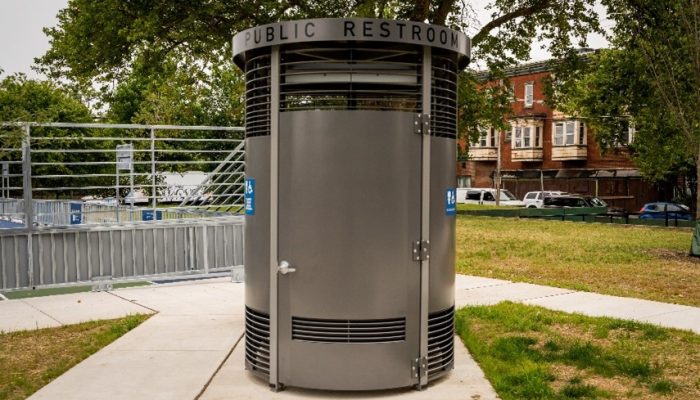“The staff is patient and caring. They listen to you with respect.”
“Very convenient with all the providers in one place.”
“They are fast, friendly, and make me feel super comfortable.”
“The health centers are a life saver. When I think of all the care and healing they provide, I am filled with appreciation and gratitude.”
* * *
These are just some of the glowing patient comments that were shared at a recent event celebrating the 50th anniversary of Ambulatory Health Services, which provides health care to 80,000 Philadelphians each year at eight City health centers.
On September 19, health center staff and patients gathered at City Hall to reflect on 50 years of service, along with Mayor Jim Kenney, Health Commissioner Dr. Thomas Farley, Dr. Thomas P. Storey, Director of Ambulatory Health Services (AHS), and proud friends and family members.
“One of the best ways to judge a government is how well it treats its most vulnerable residents,” said Mayor Kenney. “In Philadelphia, we are proud to provide high-quality, primary health care to anyone and everyone — no matter what language they speak, how long they have been in this country, whether they have health insurance, or how much money they have in their pockets.”
“Not many cities do this, but we can now say we have for 50 years.”

The history of public health care in Philadelphia is long and colorful. In 1793, the City established the Board of Health in response to an epidemic of yellow fever. The City’s Health Department, now known as the Department of Public Health, was officially established in the mid 1800s. In 1951, the City’s Home Rule Charter established public health centers that offered only basic public health services like immunizations and treatment for tuberculosis. In 1969, 50 years ago, the City converted the first health center from public health services to primary care services for the community.
In October 1991, a City Executive Order assigned the Department of Public Health with responsibility to maintain and make available and accessible health center services to the residents of the City—and mandated funding of the sites.
Today, Philadelphia’s health centers are designated as Federally Qualified Health Centers and have been nationally recognized as “patient-centered medical homes.” The City’s eight centers see 350,000 patient visits per year. Said Health Commissioner Farley, “Our health centers, in partnership with our community partners, will always rise to the occasion to provide excellent care to our patients.”
Services include:
- Diagnosis and treatment of chronic and acute illnesses
- Medical checkups and medications for enrolled patients
- Behavioral health services
- Medication-assisted treatment (MAT) for opioid use disorder (Health Centers 4, 6, and 10 only)
- Prenatal care
- Family planning and pregnancy options counseling
- Breastfeeding support services
- Comprehensive pediatric care for infants, children and teens
- Immunizations for infants, children and teens
- Children’s developmental assessments
- Healthy weight nutrition counseling for children and teens
- Nutrition counseling and health education
- Flu shots
- HIV, STD, and STI testing
- HIV Pre-Exposure Prophylaxis (PrEP)
- Basic dental care, emergency dental care
- Lab tests, x-rays and tests for tuberculosis
- Referrals to specialty services for enrolled patients
- Social work support that connects patients to follow-up care, education/counseling, and other services
- Translation and interpretation services for health center patients and their families.

The 50th anniversary celebration also included patient testimonials and remarks by Kusema Warrakah, President of the Health Center Board of Directors. The Board was established in 2014 to independently oversee health center operations and assure compliance with HRSA requirements for Federally Qualified Health Centers. The Board consists of 15 members—more than half of whom are patients. The Board holds monthly meetings to review policies, grant funded applications and projects, oversee the strategic plan and quality improvement activities, and recommend and approve the budget for the health centers on an annual basis. The Board also works with an Advisory Committee for each health center.
Mayor Kenney concluded his remarks by honoring the commitment and hard work of the health center employees in the room. “You probably could make more money and have an easier job elsewhere,” he acknowledged. “But you chose to work for the City, because you care about people who need the help the most. Because of your efforts, our clinics can open their arms to the community. Today, let’s celebrate the progress we’ve made and plan for 50 more years of service to all Philadelphians.”





